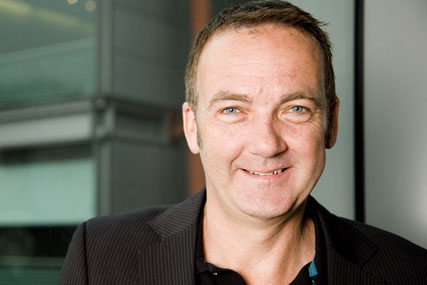
Although he did not name Five directly, Duncan described the prospect of a merger with a for-profit, privately owned broadcaster as like "mixing oil and water" which didn’t work.
Speaking today (January 15) at an event organised by the National Endowment for Science, Technology and the Arts, he said: "We have been carefully considering all options for Channel 4’s future funding. And for the avoidance of doubt, let me be absolutely specific on one point.
"It makes no sense whatsoever to imagine that merging a not-for-profit publicly owned broadcast business with a for-profit, privately-owned broadcaster is going to solve the fundamental structural problems we are all facing. Mixing oil and water doesn’t work. It just makes a mess."
Duncan called such consolidation a solution of the past and compared it to "penguins crowding together for safety on a rapidly melting ice floe".
During a question-and-answer session, he added: "What I am saying is it doesn’t make sense to consolidate before radically restructuring the industry. We need to get the strategic piece right first."
Duncan refused, however, to be drawn any further on what solutions he thought Ofcom would propose for the future of public service broadcasting provision in its final report into the issue, due to be deilvered next week.
Talking about changes in the TV industry, he highlighted the issue of ad revenue migrating to US-owned online businesses.
"Earlier this decade, the TV advertising market in the UK peaked at more than £3.5bn," he said. "The majority of this was reinvested in new content, overwhelmingly by the commercial public service broadcasters.
"This year, the value of that market is likely to be less than £3bn – in other words, while the economy has grown, the UK TV ad market has shrunk. Ten years ago the online advertising market barely existed. Today it’s worth about the same as the TV market, almost £3bn."
He went on: "In the old TV world, the ad revenue stayed within the UK, even if it was for an American firm like Heinz.
"In the new online world, the bulk of the ad revenues – over £2bn of that £3bn - goes straight back to the US and very little of the entire sum finds its way into UK content production."


.jpg)


.jpg)